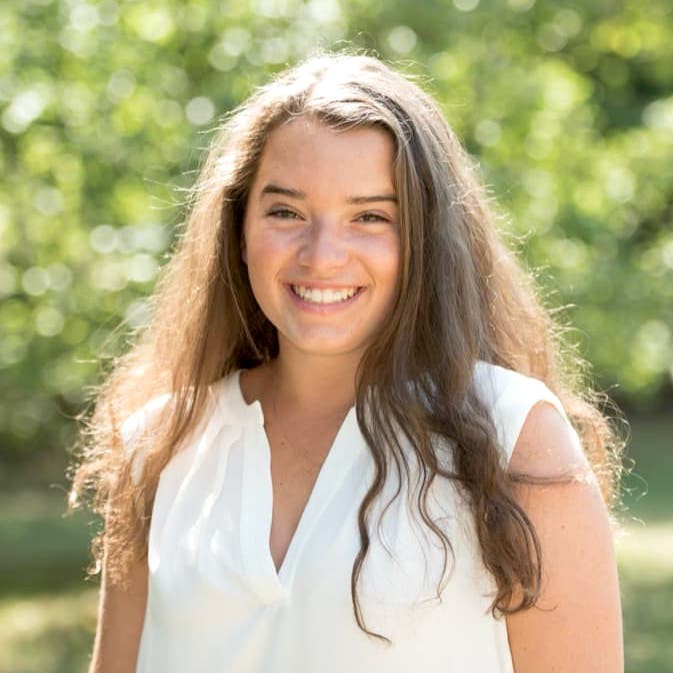Allison Witt '21

Allison Witt
The Intersection of Ethics and Research:
Finding My Passion at Boston College
During my sophomore winter, in the midst of the finals and the usual end of semester chaos, I received an email from Professor Peter Krause about his project team. I was drawn to the team, as it was a unique opportunity to do meaningful and impactful work as an undergraduate. So, I submitted an application on a whim, and I am so glad that I did.
Professor Krause’s project team focuses on terrorism, political violence, and U.S. foreign policy through a series of tasks, ranging from short-term projects like journal articles and op-eds, to long-term projects like books and podcasts. While I started on the team as a Research Assistant, these past two semesters I have worked as an Undergraduate Research Fellow, mentoring the other Research Assistants. The depth of my experience has helped me build a toolkit of skills: data analysis, attention to detail, project management, editing, and teamwork. In addition, it has taught me that when you really like something you can go all in. To learn something to the best of your ability requires you to engage with materials and look at a complex problem through different lenses.
The main project we work on is insurgent spoils—an insurgency is an armed uprising by non-state actors in hopes of achieving a certain political objective. We research and code insurgencies that have occurred in the 20th and 21st century. The main goal of our research is to identify who won, why, and what groups gained or lost after the conflict. Since joining the team I have worked on cases from different parts of the world, but the Karen Insurgency in Myanmar sparked my interest in human rights and international justice, especially those in contemporary Myanmar.
The Karen conflict, often called the “World’s Longest Civil War,” began in 1947. Prior to World War II and immediately following it, Myanmar (then Burma) was a British colony and the Karen peoples, one of many ethnic minorities in Burma, had been Christianized by missionaries during its UK colonial period. This religious difference—along with ethnic, cultural, and linguistic factors—separated the Christian Karen from the majority Buddhist Burmese within Myanmar. The insurgent groups wanted to create their own independent state and separate from Myanmar. However the Tatmadaw, the Myanmar military, fought tirelessly to assert their political dominance. While the National Ceasefire Agreement (2015) brought an official end to the insurgency, violence and tensions between the Tatmadaw and the Burmese people have persisted until today.
While researching this case with Professor Krause, I focused more on the logistical aspects of the case. I analyzed group sizes, political affiliations, and strength; however, the ethical side of the conflict peaked my interest. This semester, in Ethics, Religion, and International Politics, and I have been able to explore Myanmar through a different lens. I have learned about what the impact of spoils and the Tatmadaw’s power really looks like. Since 2017, the military has committed a series of human rights violations, including an ethnic cleansing campaign against the Rohingya people. My learning became truly intersectional when we began studying the Rohingya refugee crisis in my senior seminar on International Human Rights and Refugees, where we traced the origin of the conflict to where it stands today through the lens of forced migration. The systematic persecution against the stateless Rohingya should be a global concern and the international community needs to take action. It is through interdisciplinary research that I have learned how to speak passionately about this issue.
My time working with Professor Krause has enabled me to become a better reader, writer, and student. Not only have I been able to develop critical thinking skills and editing skills, but I have uncovered new passions in human rights and international justice. The courses I am taking this year have only further encouraged my interests in ethical dilemmas. Now, I am searching for post-graduate careers to grapple with ongoing human rights abuses around the world, ultimately aspiring, one day, to attend law school for international human rights law.
Allison Witt '21
November 2020

